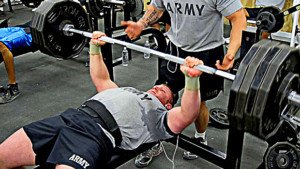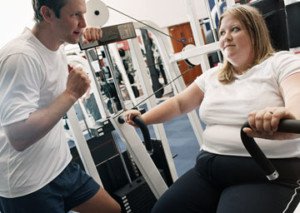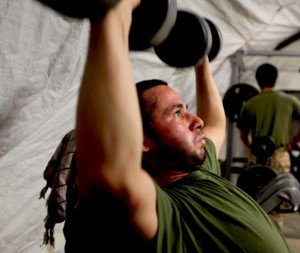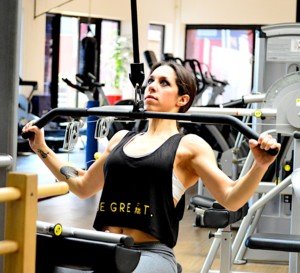
If you have a total knee replacement surgery planned, you’d be doing yourself a huge favor by losing weight before having this procedure done.
A report in the Journal of Bone and Joint Surgery (Oct. 2012) says that obese patients are at higher risk of complications following total knee replacement surgery.
To date, there are no studies showing that having a slender build is a risk factor for postoperative complications of knee replacement surgery.
Thus, we have a major difference between the “health” of a very overweight individual and that of a slim individual.
This particular element is completely overlooked by many body positive enthusiasts who keep insisting that there is no difference between the health of obese people and that of thinner people.
These complications (including infections) are correlated to the need for revision surgery.
A Problem that Doesn’t Exist with Thin Knee Replacement Patients
The Journal of Bone and Joint Surgery paper states that total knee replacement (TKR) can be technically more difficult to perform on obese patients.
The body positive movement focuses on the very easy-to-obtain health metrics from one’s doctor: blood sugar, blood pressure, cholesterol and the results of other routine exams such as peering inside the mouth, up the nose and in the ear.
Routine physicals don’t cover the technical challenge of performing TKR on obese people. Many obese people are walking out of doctors’ offices with a “normal” annual physical, believing that obesity does not negatively impact health.
Body Positivity Won’t Make Knee Replacement Surgery Easier for the Surgeon
If you’re plus size, and your knees aren’t feeling too good lately, you should put aside all the Instagramming on “self-love” and being body positive, and commit to losing some weight.
- What IF your knees hurt due to osteoarthritis?
- What if one day you’re told you need a TKR?
- Wouldn’t it be great if at the time you’re informed of this, you’ve already lost a lot of weight?
Body positivity is a process of improving one’s body and becoming the best human machine you can be, rather than settling for a slow, lumbering big body.
The paper points out that very overweight TKR patients have a higher rate of postoperative infection and a doubled rate of surgical revision on that original TKR.
Being Body Positive Means Being Knee Positive
Be good to your knees: Commit to a weight loss program of portion control and replacement of junk foods with healthful foods.
The report also advises that obese people, who are scheduled for a total knee replacement, should make a plan to lose weight prior to the procedure.
This is because even a 10% weight loss will make a different.
How do you lose weight if your knees hurt?
When I was a personal trainer, I worked with overweight clients who has “bad” knees. Some indeed told me that they’d been diagnosed with osteoarthritis (wearing down of cartilage).
- If you have this condition, you CAN exercise.
- It’s just that you need to avoid certain kinds of exercise.
- One need not jog, hop or jump in order to lose weight.
- Get off the aerobics bandwagon and get on the strength training bandwagon. Strength training is your ticket to weight loss — and feeling much more positive about your body.
Upper body strength training can be done in a seated position, sparing pain in the knee!
You can also lie on a bench for some exercises, such as the bench press and “skull crusher” (bringing a dumbbell with both hands behind your head, then bringing it back up above your face).
A complete strength training program for the upper body, combined with portion control of food, will result in weight loss, better body composition and a stronger, fitter upper body. Now THAT’S body positivity!
Strength Training Exercises for People Facing TKR Who Need to Lose Weight


Bench Press and Seated Chest Press

Overhead Dumbbell Press

Lat Pull-Down









































